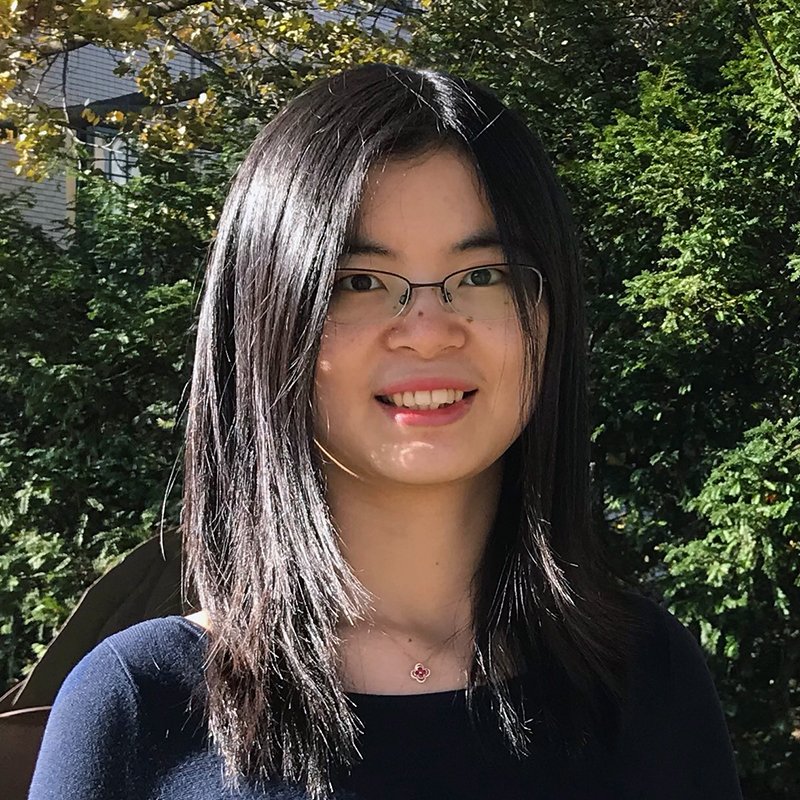Colloquium: Learning and Using Causal Knowledge: A Further Step Towards Machine Intelligence
The computer science colloquium takes place on Mondays and Fridays from 11:15 a.m. - 12:15 p.m.
This week's speaker, Biwei Huang (Carnegie Mellon University), will be giving a talk titled "Learning and Using Causal Knowledge: A Further Step Towards Machine Intelligence".
Abstract
Causality has recently attracted much interest across research communities in machine learning, computer science, and statistics. One of the fundamental problems in causality is how to find the underlying causal structure or causal model. One focus of this talk, accordingly, is how to find causal relationships from observational data, known as causal discovery. Specifically, I will show recent methodological developments in causal discovery in the presence of distribution shifts, together with their theoretical guarantees and other related issues in causal discovery in complex environments. Besides learning causality, another problem of interest is how causality is able to help understand and advance machine learning. I will show how a causal perspective benefits domain adaptation and forecasting in nonstationary environments. With causal representations, one can naturally make predictions under active interventions and achieve the goal by changing the system properly. Even without interventions involved, they help characterize how the data distribution changes from passively observed data, so that knowledge can be transferred in an interpretable, principled, and efficient way.
Biography
Biwei Huang is a Ph.D. candidate in the program of Logic, Computation and Methodology at Carnegie Mellon University. Her research interests are mainly in three aspects: (1) automated causal discovery in complex environments with theoretical guarantees, (2) advancing machine learning from the causal perspective, and (3) scientific applications of causal discovery approaches. On the causality side, her research has delivered more reliable and practical causal discovery algorithms by considering the property of distribution shifts and allowing nonlinear relationships, general data distributions, selection bias, and latent confounders. On the machine learning side, her work has shown how the causal view helps in understanding and solving machine learning problems, including classification, clustering, forecasting in nonstationary environments, reinforcement learning, and domain adaptation. Her research contributions have been published in JMLR, ICML, NeurIPS, KDD, AAAI, IJCAI, and UAI. She recently successfully led a NeurIPS’20 workshop on causal discovery and causality-inspired machine learning. She is a recipient of the Presidential Fellowship at CMU and the Apple PhD fellowship in AI/ML.
